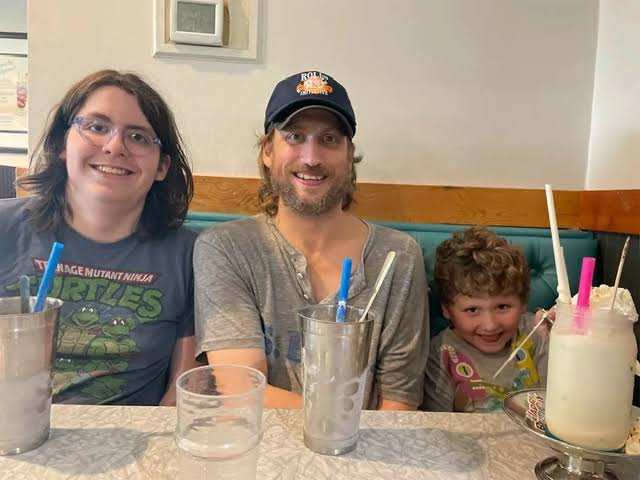A devastating mass shooting in Duluth, Minnesota, has left five people dead, including the shooter, Anthony Nephew, his wife, ex-partner, and two children.
Authorities revealed that Nephew, 46, had a history of mental health issues and was deeply troubled by President Donald Trump’s election.
Nephew’s Facebook posts painted a picture of a man consumed by anger and fear. “My mental health and the world can no longer peacefully coexist, and a lot of the reason is religion,” he wrote in July. He expressed terror of “religious zealots inflicting their misguided beliefs” on him and his family.
The shooting spree began at Nephew’s ex-partner’s home, where police found Erin Abramson, 47, and their son Jacob Nephew, 15, dead from gunshot wounds. Later, authorities discovered Nephew’s wife, Kathryn Nephew, 45, and their 7-year-old son Oliver Nephew dead in their family home nearby.
Duluth Police Chief Mike Ceynowa noted that Nephew had a “pattern of mental health issues.” Nephew himself wrote about his struggles in a 2021 op-ed, stating, “For millions of Americans, a breakdown leads to suicide — or homicide before suicide.” He criticized the stigma surrounding mental health, saying, “Americans deny they have mental health struggles — because they have to, because they’re told to, or because they don’t realise their mind is broken”.
Nephew’s social media posts suggest a strong anti-Trump sentiment. He shared an image with “hate” under Trump’s face and “hope,” “heal,” and “grow” under Democratic leaders’ faces. In another post, he accused Republicans of making it harder for women to leave abusive relationships, referencing The Handmaid’s Tale.
The police have not determined a motive for the shootings, but the community is left grappling with the consequences of mental health stigma and the divisive politics that may have contributed to this tragedy.


